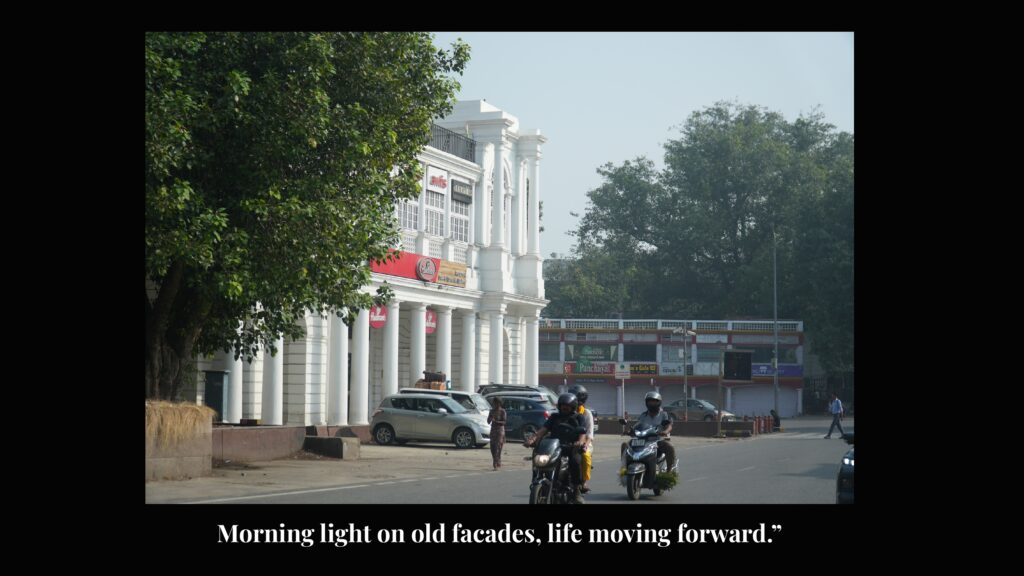✍️By Anjali Gope

Crime in India has always been understood with a gendered attitude, with violence against women and children holding the limelight. While these remain the urgent issues, a growing and under-reported reality is finally being heard about — the growing number of crimes against men. Ranging from domestic violence to false cases and emotional manipulation, men are increasingly becoming silent victims of crime, but societal attitudes and judicial blind spots leave them in the lurch.
1. A Change in Flow of Crime: Information Refuses to be Silent
Recent studies indicate a shift in the crime landscape. A cross-sectional analysis carried out in Haryana showed that 52.4% of men had experienced gender-based violence, predominantly emotional and psychological, and a majority of them also experienced physical abuse at the hands of their partners (Malik & Nadda, 2019).
Another IIPS survey of 29 out of 1,000 Indian men reported wife-violence. These numbers, while lower than those of female victimization, are hardly insignificant — and are almost certainly underreported due to stigma.
2. Legal Blind Spots and Gendered Laws
One of the biggest challenges male victims have to face is that India lacks gender-neutral legislation. Referring to the Bharatiya Nyaya Sanhita (2023), rape and sexual assault are nevertheless defined in gendered terms — with legal definitions applying to just female victims.
The International Bar Association (2023) criticized this reform for not including male survivors of rape and sexual assault. Male victims cannot claim justice, counselling, or public support where there is no legal recognition.
3. Misuse of Laws and False Allegations
India has also seen a rampant epidemic of false accusations, particularly under dowry and sexual harassment legislation. In June 2025, the Supreme Court of India quashed an FIR filed under the offense of rape, labeling the complainant’s motive as “manipulative and dishonest” (Times of India, 2025). Although false accusations are limited in occurrence, they can destroy reputations, careers, and lives.
Social media has amplified such cases and created trending hashtags such as #MenToo, #JusticeForMen, and #GenderNeutralLaws. Instagram and X (formerly Twitter) are turning out to be platforms on which men can open up without fear.
4. The Culture of Silence and Psychological Trauma

Unlike women, men are trained socially not to be weak, especially in abuse situations. This culture of silence discourages reporting and causes severe psychological trauma.
Mental health professionals are now seeing an increase in male clients facing domestic violence or emotional abuse in relationships — but without publicity, such situations go underground.
5. What Needs to ChangeTo adapt to the shifting stream of crime, India must:
Introduce gender-neutral law that protects all victims regardless of gender.
Create special support systems such as shelters, helplines, and counseling centers for men.
Initiate awareness campaigns to make male victimhood a norm and lower stigma.
Gather disaggregated crime data to learn the extent and kind of crimes against men.
Conclusion
The tide of crime in India is changing, and it’s time the policy and mindset did too. Though women’s protection remains important, we must also confront the fact that men are — and can be — victims, too. To deny this reality serves only to strengthen the silence and suffering of thousands. A safer and more just society is one that listens to every voice, regardless of gender.
References :
Malik, J. S., & Nadda, A. (2019). A Cross-sectional Study of Gender-Based Violence against Men in the Rural Area of Haryana, India. Indian Journal of Community Medicine, 44(1), 35–39. https://pmc.ncbi.nlm.nih.gov/articles/PMC6437789/
International Bar Association. (2023). New criminal laws legalise male rape in India. https://www.ibanet.org/new-criminal-laws-legalise-male-rape-in-India
The Times of India. (2025, June 4). Supreme Court quashes rape FIR, finds complainant’s intent ‘manipulative’. https://timesofindia.indiatimes.com
The Economic Times. (2025, March 5). Are men defenceless against domestic violence laws? https://economictimes.indiatimes.com






